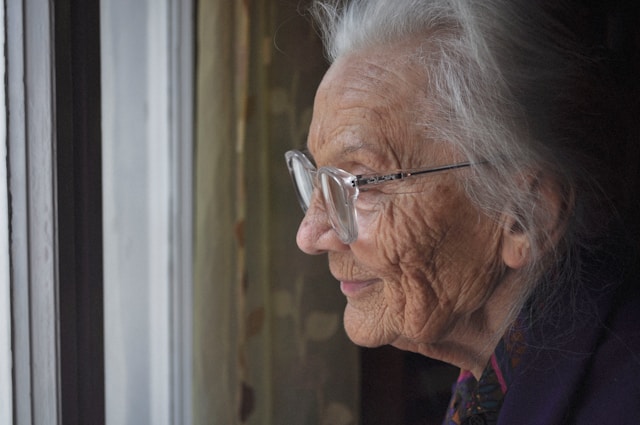Creating a home where a senior with dementia can thrive begins before the first grab bar is installed. While dementia care facilities demonstrate many best practices, families often wonder how to translate those lessons into a private residence.
The guiding principle is reducing cognitive load: every object, texture, and pathway should whisper clarity rather than confusion. By following a few evidence-based design priorities, caregivers convert rooms into nurturing, confidence-building spaces.
Safe, Uncluttered Navigation
Seniors living with dementia navigate best when the floorplan feels like a single story told in order. Wide, unobstructed walkways supported by contrasting floor colors steer attention toward destinations and away from hazards. Furniture with rounded edges hugs walls, granting walkers or canes safe clearance.
Lighting layers—ambient overhead paired with low-glare task lamps—erase shadowy patches that might look like steps. Prominently placed handrails at decision points provide both balance and a silent cue that forward movement is expected. Doorways free of thresholds further reduce tripping risk and simplify wheelchair passage.
Calm and Predictable Sensory Cues
Unexpected noises or bold patterns can jolt working memory and trigger agitation in seniors. Soft, repetitive soundscapes—think gentle instrumental playlists or bubbling tabletop fountains—mask street traffic without demanding attention. Walls painted in low-saturation hues anchor the eye, while artwork stays limited to recognizable scenes such as garden paths or seaside cottages.
Consistency matters; a striped rug in one room and floral drapes in another introduce dissonance. Instead, repeat one calming palette throughout, reinforcing place identity every time a room is entered. Even cupboard interiors should echo the same restful tones.
Memory-Friendly Daily Stations
Routine anchors memory, so clearly defined activity stations guide seniors gently from task to task. A brightly lit snack corner with an electric kettle, labeled mugs, and healthy finger foods reduces kitchen wandering. Beside the front door, a shallow shelf holds keys, phone, and favorite hat, lowering the odds of exit disorientation.
In the bedroom, a clothing carousel arranged in outfit order streamlines morning dressing. Each station gains legitimacy through visual cues—photographs of the activity or large-print labels—turning the environment into a trustworthy prompter. Color-coded bins keep supplies well sorted.
Supportive Technology That Stays Invisible
Technology can extend independence, yet any gadget that beeps or flashes unpredictably becomes a distraction. Motion-activated nightlights that fade on gradually shepherd seniors from bed to bathroom without shock. Smart speakers pre-programmed with a single voice command play favorite radio shows or place calls, sidestepping complex menus.
Stove sensors cut heat when pans are removed, and door alarms send caregiver alerts instead of sirens, preserving household calm. Crucially, every device must continue working if connectivity drops, avoiding crises that outsmart the resident. Simple battery backups keep monitors alive during outages.
Conclusion
The most successful dementia-friendly homes resemble caring storytellers: every corridor, color choice, and device delivers a clear narrative about safety and purpose. When seniors can read that story without unnecessary mental gymnastics, stress diminishes and independence expands.
Implementing the four pillars above does not require instant renovation; incremental swaps accumulate into a transformative whole. Families who prioritize intuitive navigation, calming cues, purposeful stations, and invisible technology ultimately craft dwellings where seniors with dementia feel recognized, respected, and unmistakably at home.

Leave a Reply